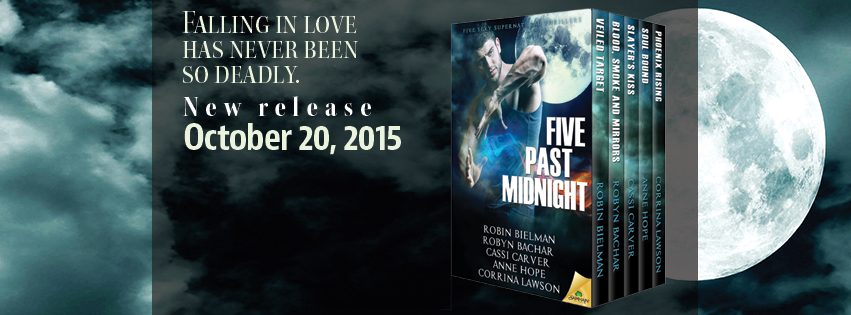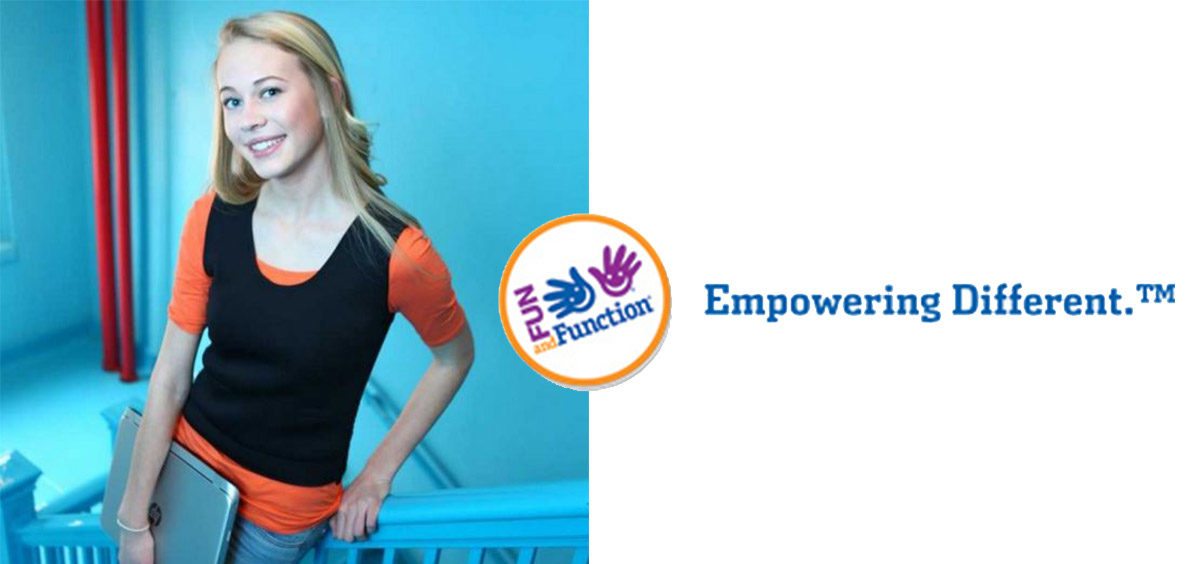This is a question that’s been rolling around in my brain for some time. It started when I watched the first episode of Marvel’s Agent Carter and Peggy blew away all my expectations, and it twigged again when I encountered the heroines written by my fellow authors in the Five Past Midnight supernatural thriller box set.
All of the heroines in this set are independent-minded and unapologetic about it. One is an assassin and loves the adrenaline rush. Another smokes. Another is a bartender who loves sex.
It’s not the usual treatment of women even in romance novels, which is why those characters struck me as unusual.
The overall question of who our heroines are and what we want from them goes hand-in-hand with Jennifer Lawrence’s recent statement that she’s done with trying to be likable, or the debate over Black Widow‘s role in Avengers: Age of Ultron.
We, as a society, have a certain idea of what fictional women should be, what they should feel, and why they should feel.
Why?
Five main reasons and they’re all related.
We’re Not In Charge of Our Own Destiny
Men are the ones usually writing female characters in pop culture. Sure, that’s beginning to change, but not as fast as it should. For example, the percentage of female directors has hardly budged in the last 20 years. (Still 16 percent.) The Star Wars and Star Trek films are all written and directed by men. Only one woman, Nicole Perlman, has a screenwriting credit on the Marvel Cinematic Universe films, for Guardians of the Galaxy. Some men can write women well, of course, but for the most part, these men are mainly interested in male stories. See my Ant-Man rant. Women are seen in so many cases as adjuncts supporting a lead male character’s story, not as part of their own story.
There Can Be Only One
This leads to the second problem. Because there are so few women, she has to stand in for all the things. She has to be beautiful, she has to be intelligent, she has to kick-ass, but she has to be warm and supportive to everyone too. This is nowhere more clear than in Age of Ultron. Tony is the impulsive, smart one, Steve is the stalwart leader, Clint is the family man, Bruce is the loner, but Natasha is also the loner, the smart one, the leader when needed, the women grieving for losing the idea of family, and the sexy one. If she were non-white, she’d be the representative for that ethnic group as well.
Whew. That’s a lot of things to be all at once.

Now, look at the all-female cast of the Ghostbusters reboot. Just looking at them visually, there’s the smart one, the snarky one, perhaps even the one who’s the muscle. No one character has to collapse under the weight of Being All Things to All People.
We’re Not Allowed to Screw Up
Because there’s often only one woman, there is less chance for depth and nuance. Imagine Ant-Man‘s story but instead of Scott Lang, it’s Scottie Lang, a woman who went to prison for a stunt and basically abandoned her daughter for her principles.
We might view Scott Lang as an absent dad, but we don’t judge him as a horrible father. Those who enjoyed the movie were rooting for Scott and Cassie to be reunited. If it had been Scottie Lang, would we have been quicker to judge her as a bad mom? Yes, yes, we would. Because being a bad mother is horrible in our society. We’re far more forgiving of men’s foibles.
We Don’t Like For Them to Lose
Worse, when we love these characters, we hate for them to fail. Ouch, it hurt when Peggy Carter’s secrets came spilling out in Marvel’s Agent Carter. I wanted her to save the day unequivocally and show those sexist co-workers that she’s better than any of them. Except, it made for far better drama that Peggy isn’t perfect, that she could fail, and that she needed help. (Thanks, Jarvis!) And it makes for better drama that she can cry and show human failings.
But we’re so desperate for aspirational heroines that our own expectations get in the way of layered characterization.

Be Like Me!
Again, because there are vastly fewer lead women than men in fiction, we want to identify with them and get annoyed when we don’t. If we believe women should be only one way, we get annoyed that they’re not that way, all out of proportion.
I see this in the reaction to romance-genre heroines. The romance genre does feature multiple women in the majority of their stories, those women are the driving force in their own stories, and they’re written most of the time by women. So that’s three problems down.
But because we so crave stories about women like us, we have a harder time putting ourselves in the place of women who aren’t like us. Thus comes blowback.
Tough-minded heroines are too mean. Quieter ones are wallflowers. Women who fight are too violent. Women who avoid fights are passive-aggressive. Argh.
This is why Legally Blonde was such an important movie. To those of us who grew up being tomboys to prove that we were as good as the men, Elle Woods is our polar opposite, our idea of the kind of women we don’t want to be.
Except, Elle is the kind of person we want to be. Yes, she’s frilly and loves clothes and other girly things, and she’s smart, she’s funny, she’s compassionate, she’s vulnerable, and she’s tough. She’s all these things and wears pink to court too. Elle Woods breaks all the stereotypes that independent women must wear pants and black leather. Society told us girly women were weak. Boo.

There’s also the diversity issue. Do white women identify with non-white protagonists? Do they aspire to be them? There’s no reason why they shouldn’t but yet, there’s that barrier to cross.
Like white men, white women have to stop thinking of themselves as the default.
What To Do?
We need more women in fiction overall. They need to be half of the people on-screen or on the page.
We have to stop being so hard on each other and embrace the differences among us, not only in lifestyle choices but racially and culturally as well.
We have to stop worrying about being likable and start concentrating on being confident.
We have to find a way to support more women written or created by women.
Finally, women, as readers and viewers, we have to put aside all our own baggage imposed on us by society and view the women on the page and on the screen as characters to be explored and enjoyed without all that weight and baggage.
Because that’s the fun of fiction, after all.





Awesome article. Even as a feminist it can take a bit of a doing to completely get the patriarchy out of my head and appreciate movies like Legally Blond.
I know! We self-censor internally, I think, as Jennifer Lawrence said. Or we’re taught to look down on girly things, like romance novels. I had a view of romance novelists and it was totally, horribly wrong. They’re amazing women and the genre they write in, though not without its problems, is a feminist genre.